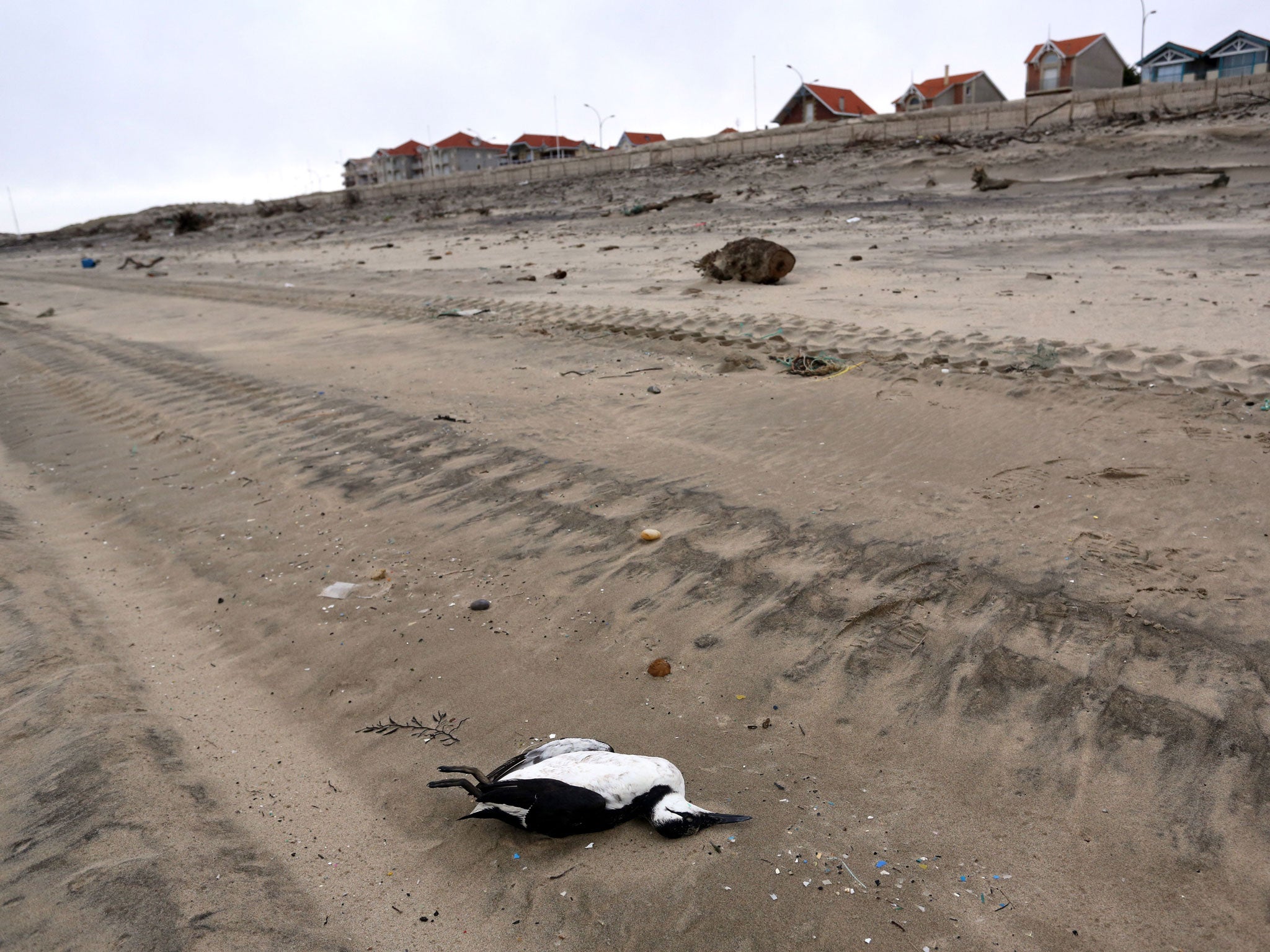RSPB fears thousands of rare birds died in winter storms 'caused by climate change'
Rare puffins recovering from being at the brink of extinction are among the birds made vulnerable by the storms, experts warn

Your support helps us to tell the story
From reproductive rights to climate change to Big Tech, The Independent is on the ground when the story is developing. Whether it's investigating the financials of Elon Musk's pro-Trump PAC or producing our latest documentary, 'The A Word', which shines a light on the American women fighting for reproductive rights, we know how important it is to parse out the facts from the messaging.
At such a critical moment in US history, we need reporters on the ground. Your donation allows us to keep sending journalists to speak to both sides of the story.
The Independent is trusted by Americans across the entire political spectrum. And unlike many other quality news outlets, we choose not to lock Americans out of our reporting and analysis with paywalls. We believe quality journalism should be available to everyone, paid for by those who can afford it.
Your support makes all the difference.Thousands of rare seabirds died in the extreme winter weather, according to the Royal Society for the Protection of Birds (RSPB) who fear the storms were caused by climate change.
The charity's experts blame the "deaths on a scale unprecedented in living memory” on a combination of sea warming and winter storms.
More than 20 different species were recorded among those found dead overall, including guillemots, razorbills and puffins.
Puffins suffered significantly, with 100 dead found in the UK, and 14,455 on beaches in south west France.
The RSPB is particularly concerned by these figures, as the puffin only recently recovered from the brink of extinction.
Experts who analysed the corpses believe the birds died of starvation as small birds are unable to dive very deep to find their food and storm turbulence means fish are likely to move deeper in the water column to find calmer conditions.
The RSPB claims that over 1,000 dead seabirds were found on the coasts of Cornwall, Devon and Dorset along the South West in February, a figure also matched in the Channel Island.
Dead birds “carpeted the sea” along the South Western coast of France, according to fishermen who spoke to the bird charity's French counterpart the Ligue pour la Protection des Oiseaux (LPO).
Over 21,000 dead birds were found on the northern Bay of Biscay, while around 200 dead guillemots were recorded on northern Spanish beaches.

It has predicted that many more birds will have died at sea or ashore, where they would have been left unrecorded.
The findings come after it was reported in February that the floods caused a wide variety of animals, from insects to small mammals, to die by from drowning or starvation.
Dr Euan Dunn, RSPB principal marine advisor, said; “This seabird wreck, on a scale unprecedented in living memory, could have profound impacts on vulnerable seabird breeding colonies, including the Channel Islands and the Isles of Scilly, where puffins have a fragile toehold, and on Lundy, where puffins are starting to recover from near extinction.”
"We must do everything in our power to protect our seabird populations and make them and other marine life more resilient to the devastating effects of these `storm wrecks’ by designating marine protected areas (MPAs).”
Join our commenting forum
Join thought-provoking conversations, follow other Independent readers and see their replies
Comments